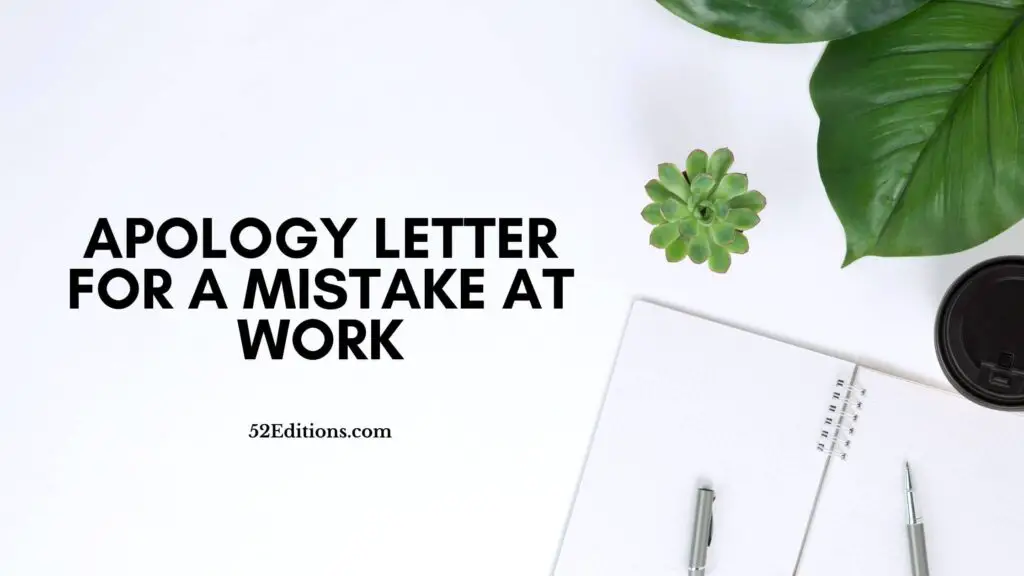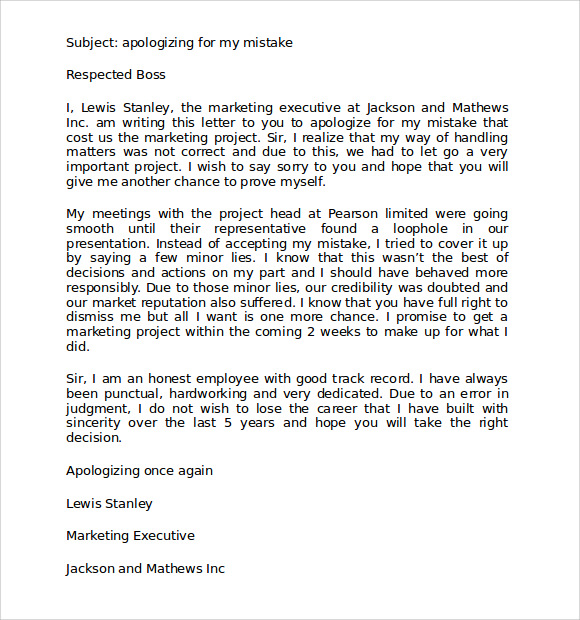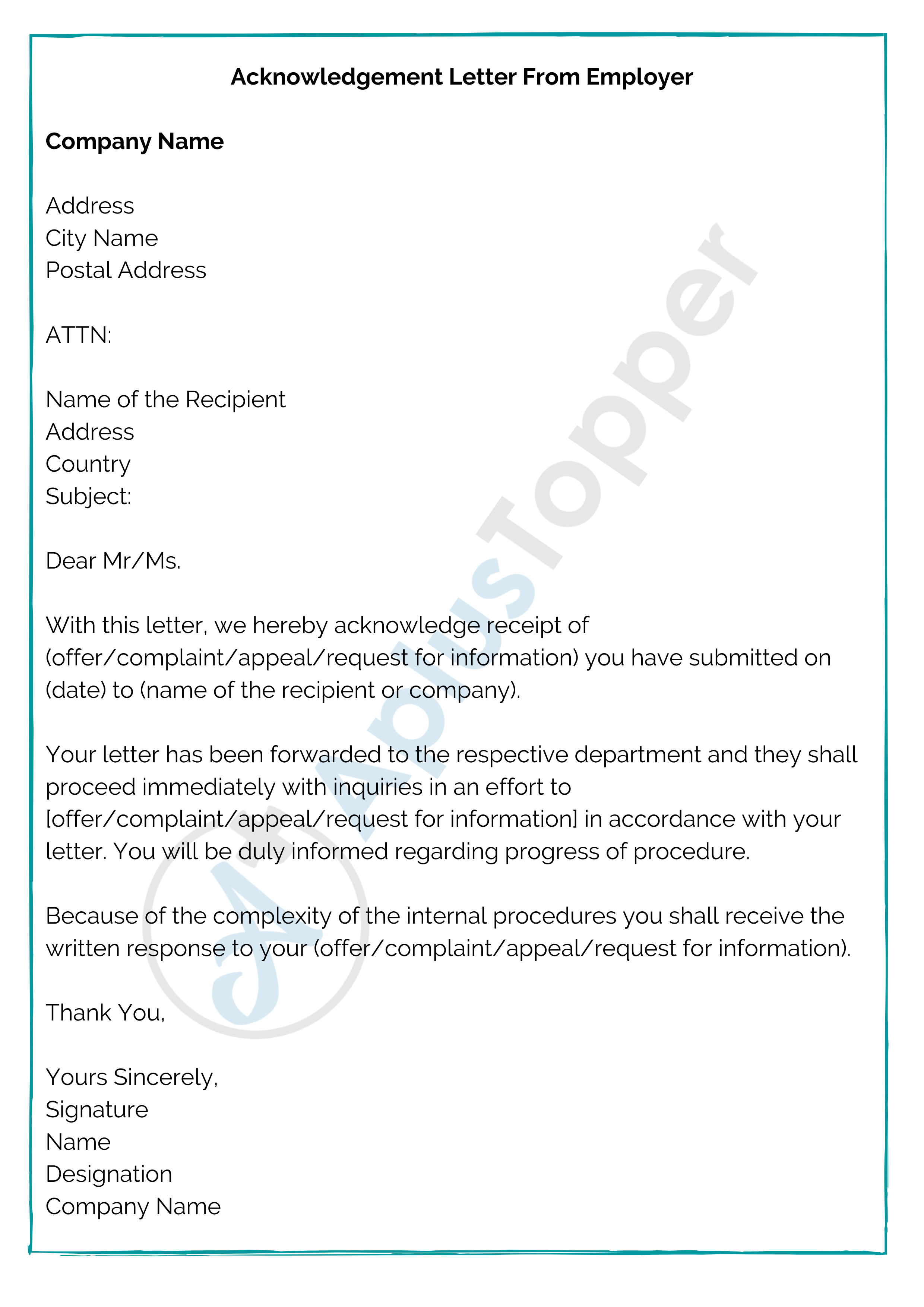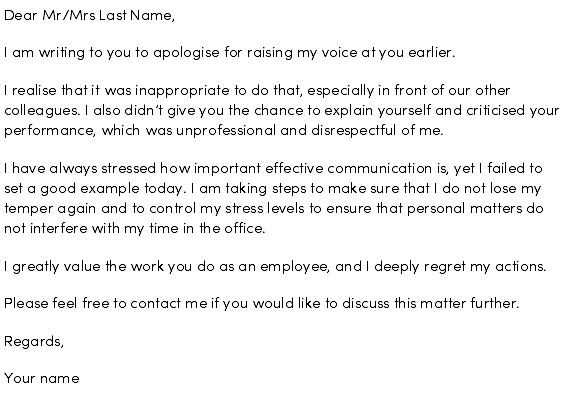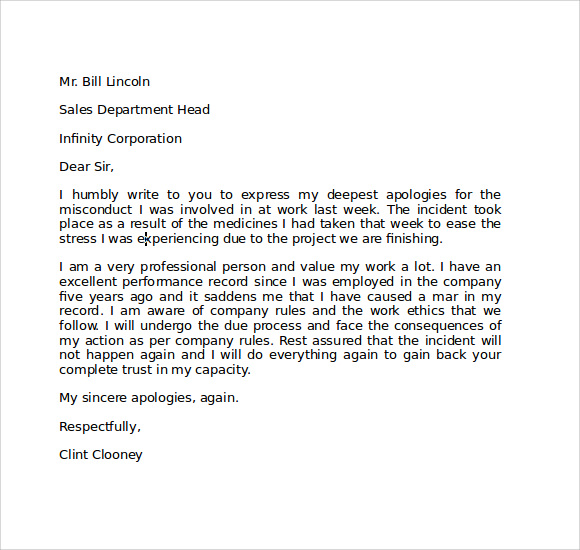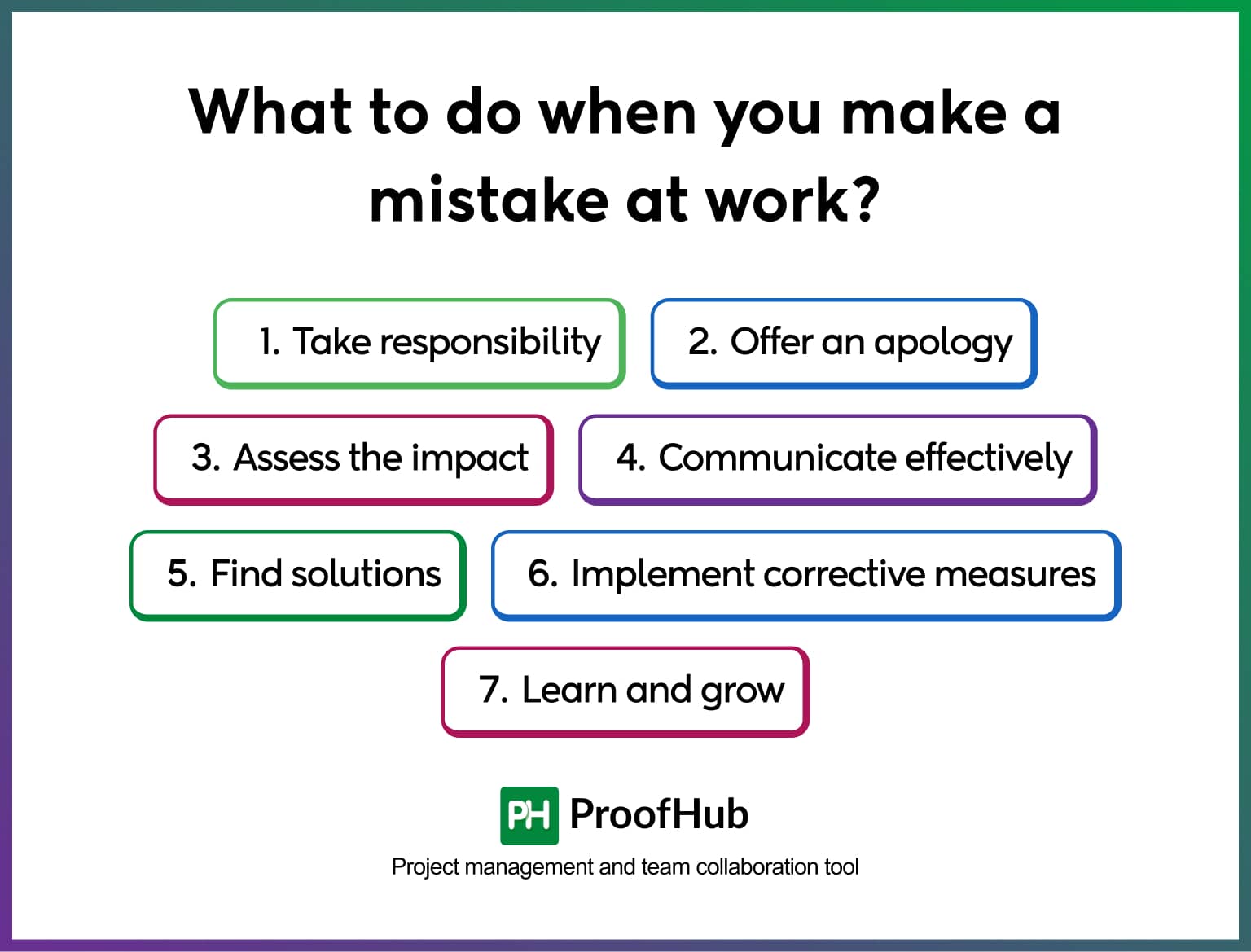How To Acknowledge A Mistake At Work
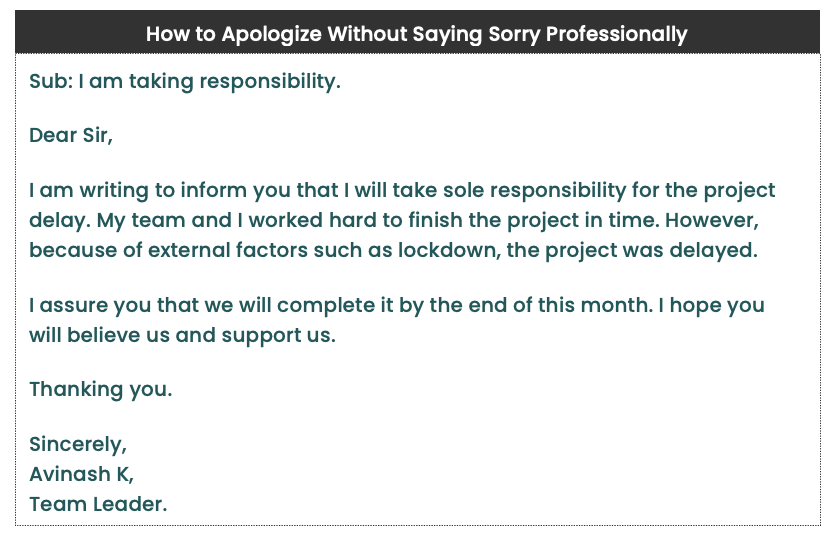
In today's fast-paced work environment, mistakes are inevitable. Knowing how to acknowledge and address them professionally is crucial for maintaining trust and fostering a positive workplace culture.
Acknowledging errors effectively isn't just about damage control; it's a key leadership skill that builds credibility and strengthens relationships. The ability to own up to mistakes demonstrates accountability, humility, and a commitment to improvement. This article explores the best practices for acknowledging mistakes at work, offering guidance on how to navigate these challenging situations with grace and professionalism.
The Importance of Timely Acknowledgment
Experts emphasize the importance of addressing mistakes promptly. Delaying the acknowledgment can exacerbate the issue, leading to further complications and eroding trust with colleagues and superiors.
According to a 2023 study by The Harvard Business Review, employees who quickly admit errors are perceived as more trustworthy and competent than those who try to conceal them. This study highlights the psychological impact of transparency in the workplace.
Steps to Acknowledge a Mistake Effectively
1. Take Ownership
The first step is to take full responsibility for the mistake without making excuses or blaming others. Use "I" statements to show accountability: "I made a mistake" instead of "The mistake happened because…".
This approach demonstrates maturity and a willingness to learn from the error.
2. Apologize Sincerely
A genuine apology is crucial. It should express remorse and acknowledge the impact of the mistake on others.
Avoid generic apologies. Instead, personalize the apology to reflect the specific situation and the individuals affected. For example: "I am truly sorry for the error in the report. I understand it caused a delay, and I take full responsibility."
3. Explain What Happened (Briefly)
Provide a concise explanation of what happened, focusing on the facts without making excuses. The goal is to offer context without deflecting blame.
Keep the explanation brief and to the point. Avoid going into excessive detail or rehashing the situation unnecessarily.
4. Offer a Solution
Demonstrate a proactive approach by offering a solution to rectify the mistake or minimize its impact. This shows initiative and a commitment to fixing the problem.
Present concrete steps to address the issue and prevent it from happening again. For example: "I have already started working on correcting the error, and I will double-check all future reports to ensure accuracy."
5. Follow Up
After addressing the mistake, follow up to ensure that the solution is effective and that all affected parties are satisfied. This demonstrates ongoing accountability and a commitment to continuous improvement.
Send a brief email or schedule a follow-up meeting to check in and provide updates. This shows that you are taking the matter seriously and are dedicated to resolving it completely.
Building Trust Through Vulnerability
Acknowledging mistakes can feel vulnerable, but it's a powerful way to build trust with colleagues and superiors. Vulnerability, when displayed appropriately, can foster stronger working relationships.
A study by Brene Brown, a renowned researcher on vulnerability, found that individuals who embrace vulnerability are often perceived as more authentic and relatable, leading to increased trust and collaboration.
The Role of Company Culture
The effectiveness of acknowledging mistakes also depends on the company culture. Organizations that foster a culture of psychological safety are more likely to encourage employees to admit errors and learn from them.
Leaders play a crucial role in creating this environment by modeling vulnerability and rewarding employees who take ownership of their mistakes.
Ultimately, knowing how to acknowledge a mistake at work is an invaluable skill that can enhance your professional reputation and contribute to a more positive and productive work environment. Owning up to errors, apologizing sincerely, and offering solutions are key steps in turning mistakes into opportunities for growth and stronger relationships.
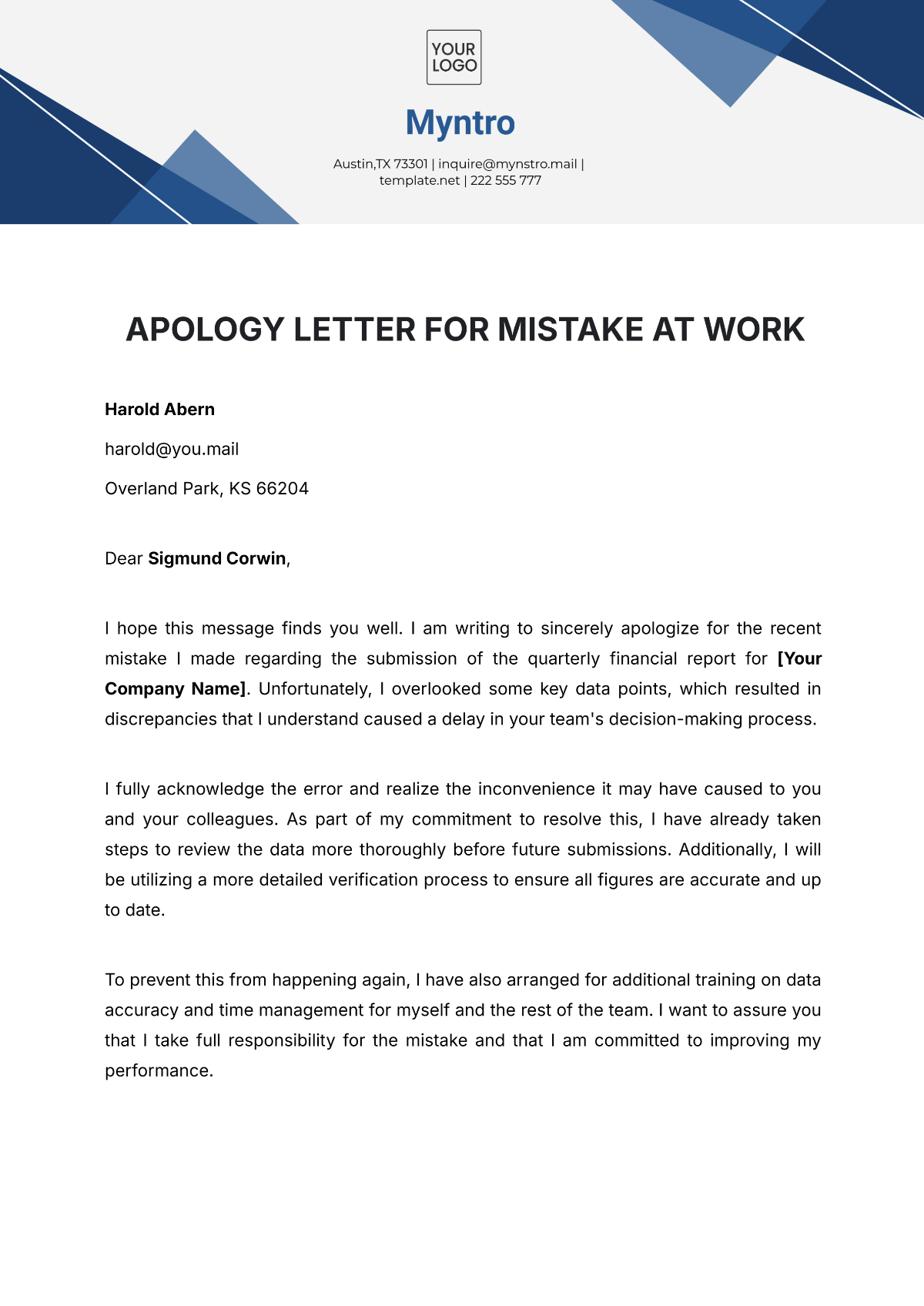
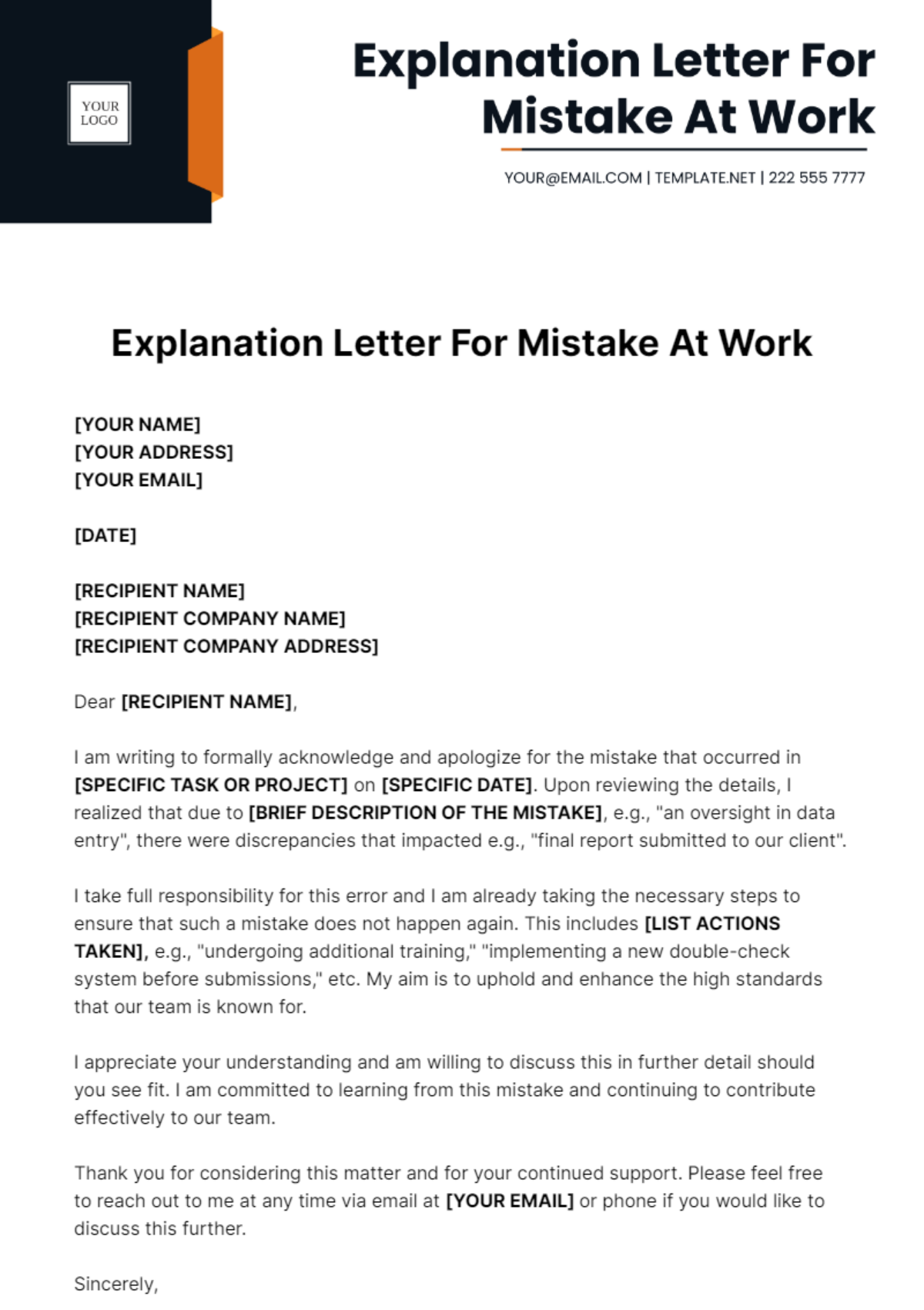
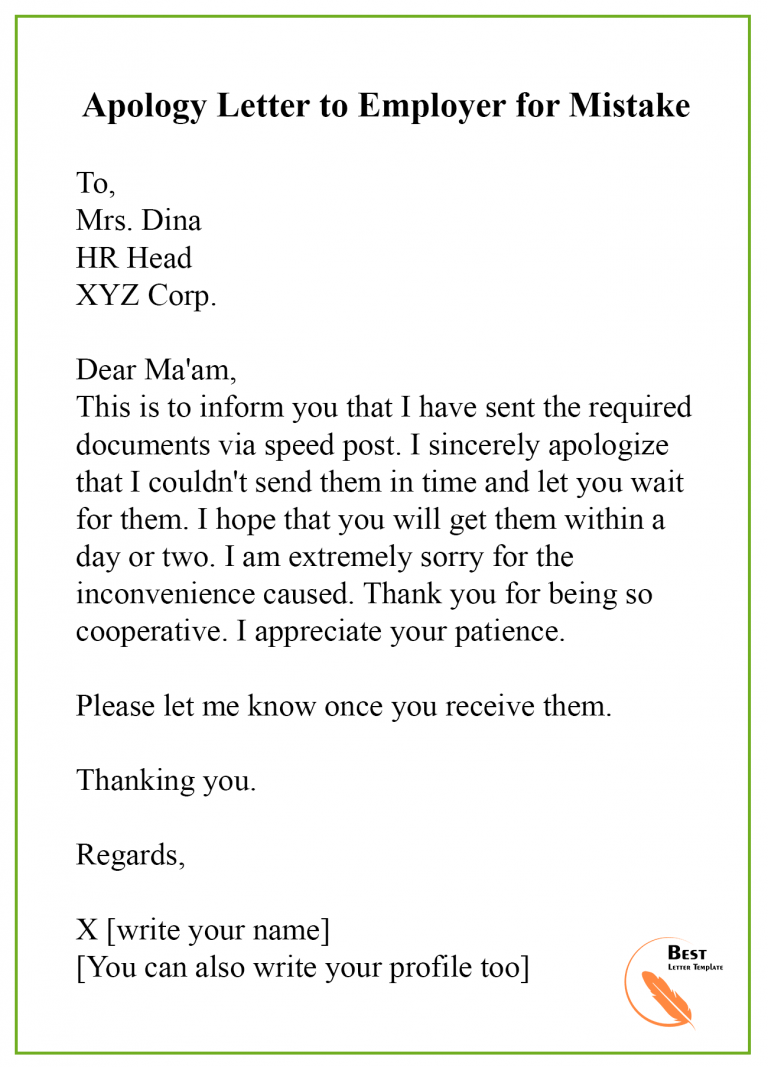
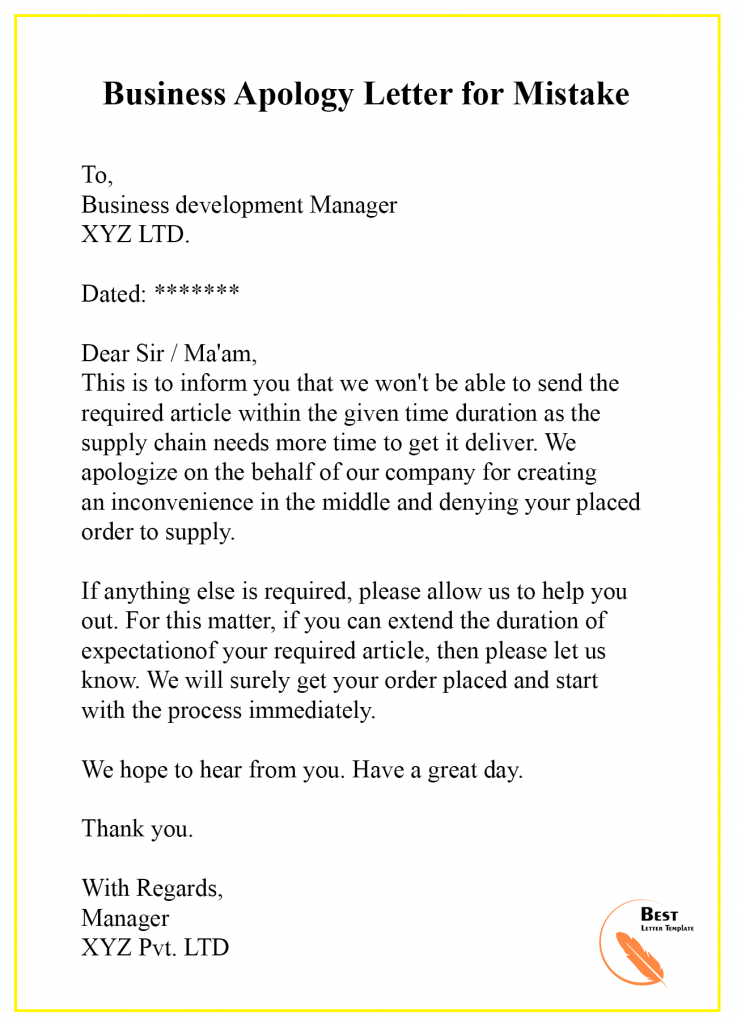

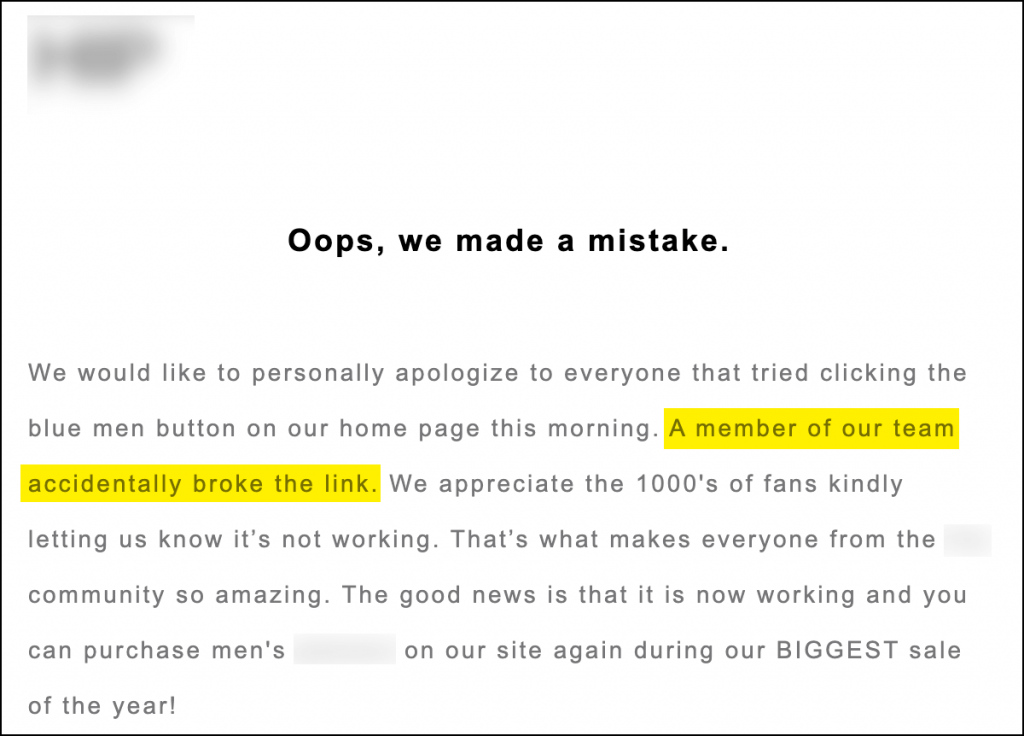

![How To Acknowledge A Mistake At Work [Infographic] I Made A Mistake At Work: The Do’s And Don'ts](https://www.niagarainstitute.com/hs-fs/hubfs/Niagara Institute - I Made A Mistake At Work Do’s And Donts Infographic (1).png?width=1480&height=2724&name=Niagara Institute - I Made A Mistake At Work Do’s And Donts Infographic (1).png)

